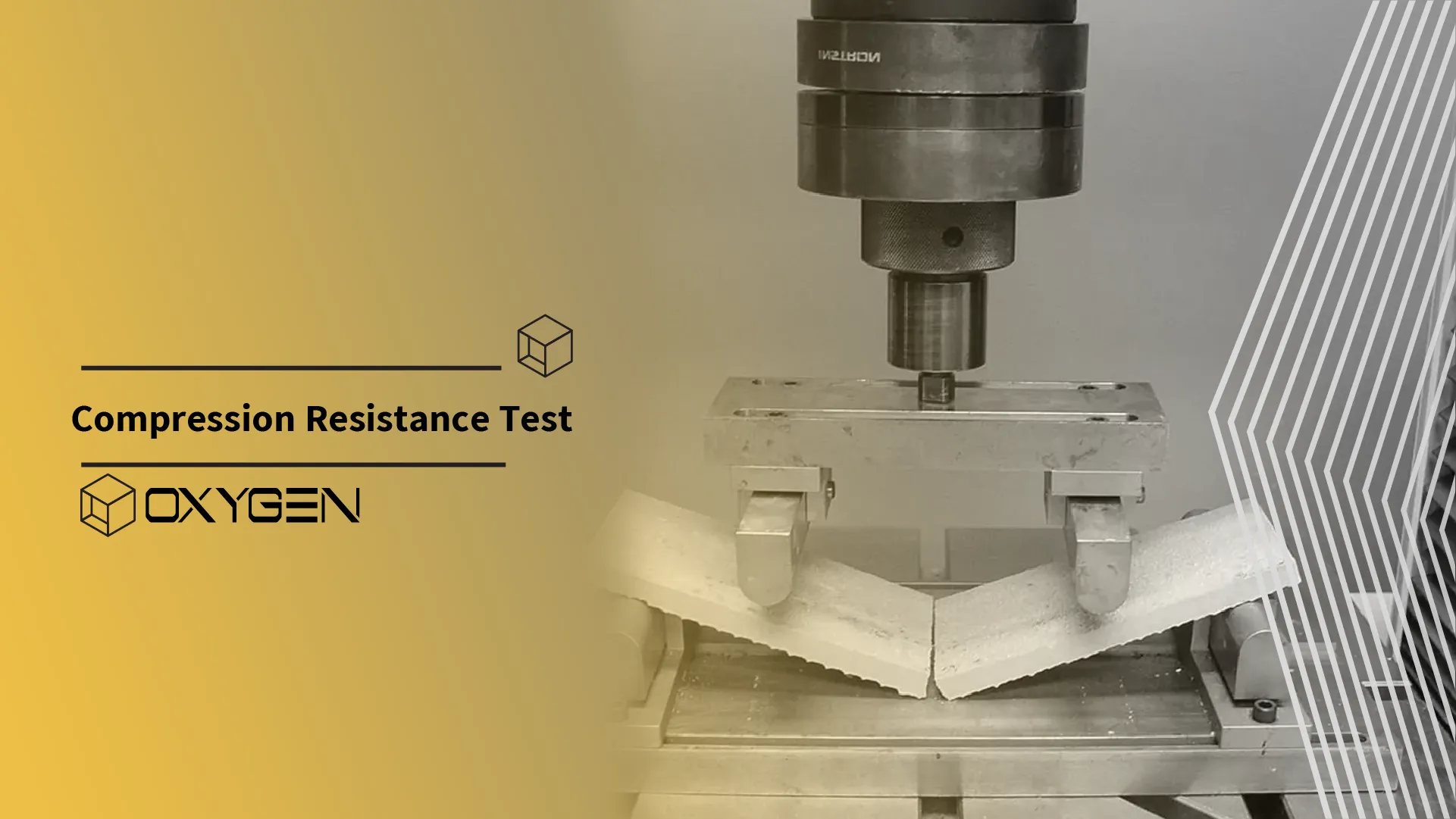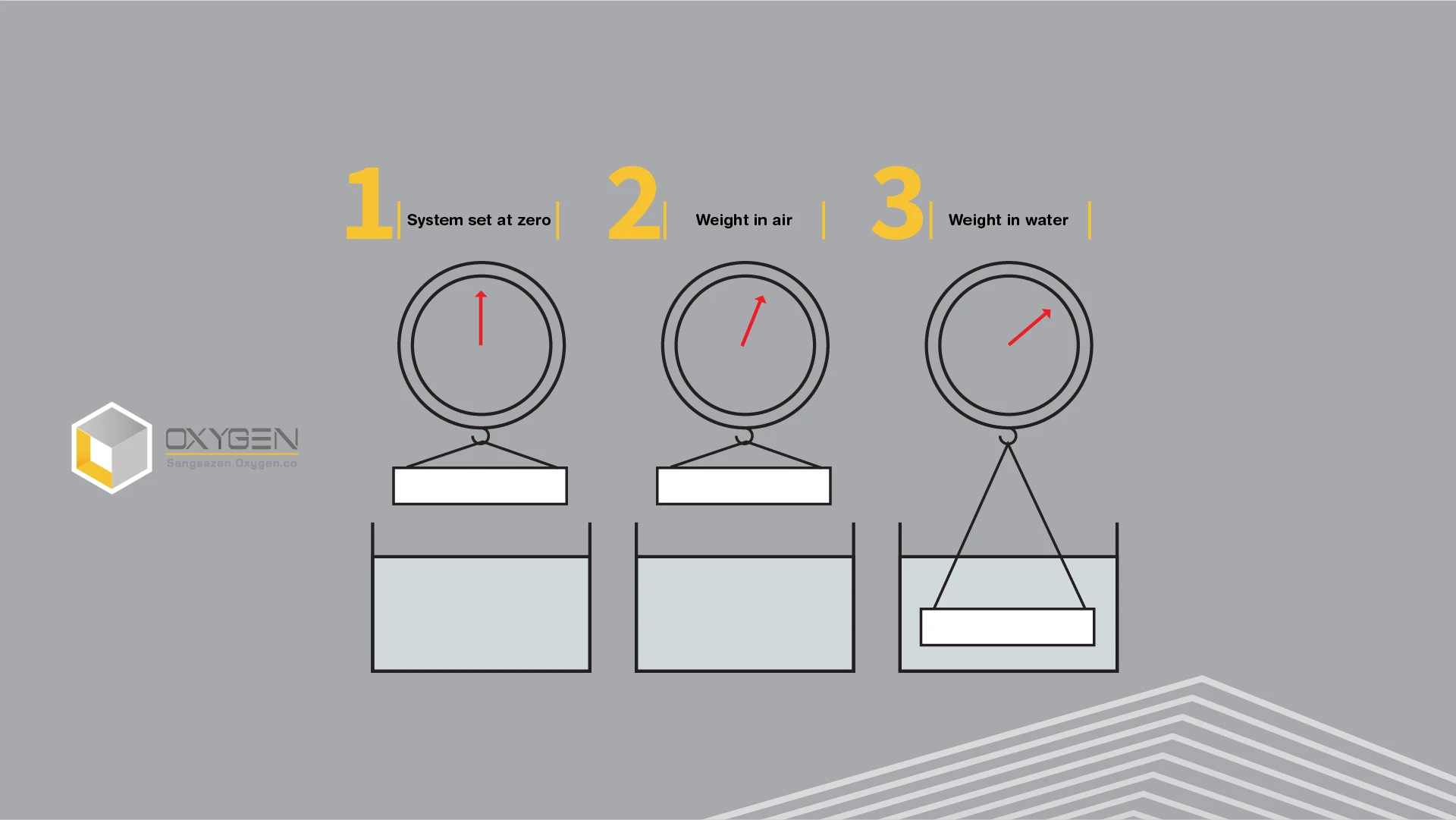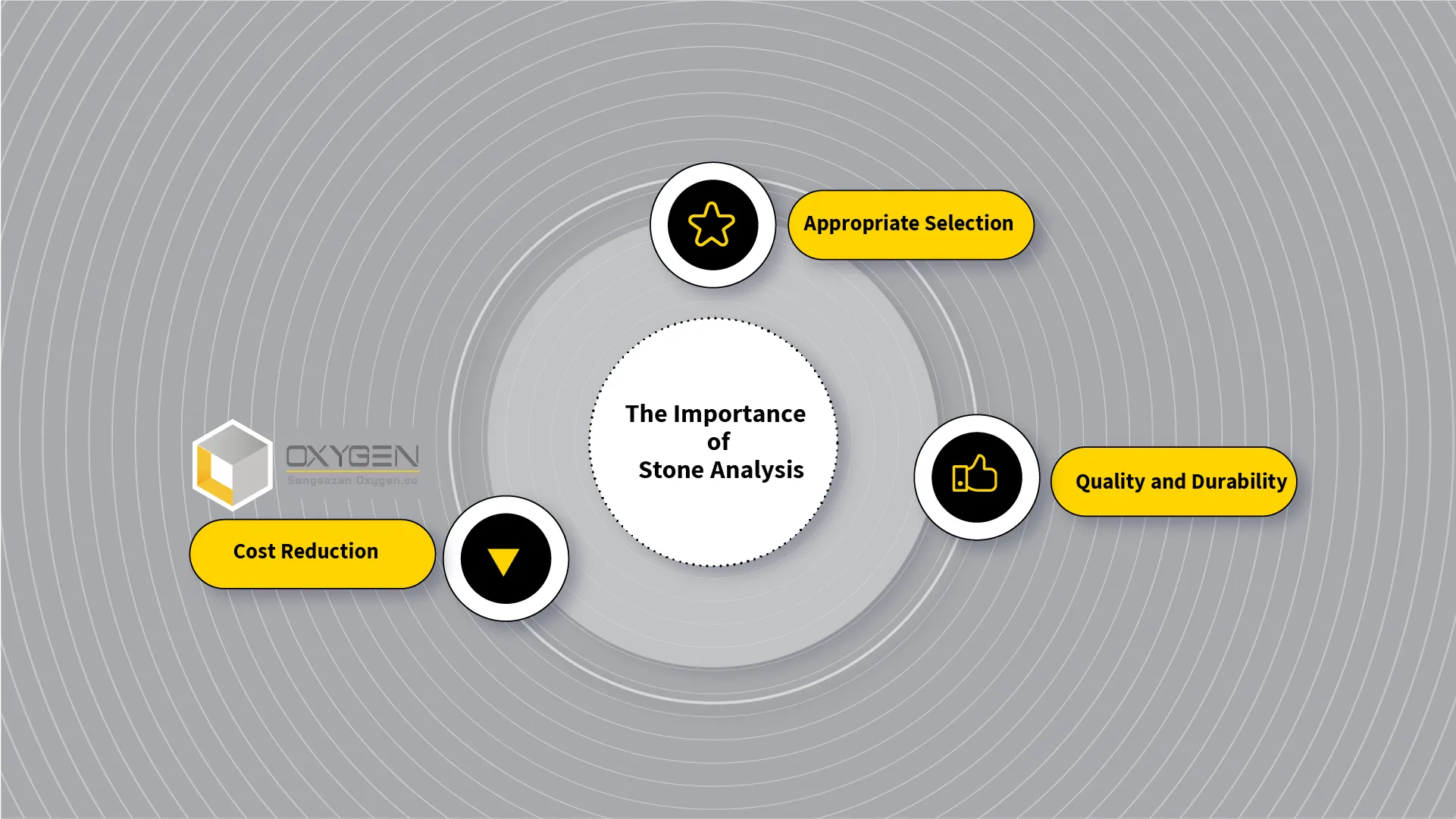
Advantages of Testing Building Stones
what are the advantages of testing building stones? Choosing suitable building stones is one of the key stages in any construction and civil engineering project, directly impacting the quality, durability, and aesthetic appeal of the final structure. Given the wide variety of stone types available, making decisions in this area can be challenging.
In this context, conducting scientific and precise tests on building stones emerges as an essential tool for evaluating the physical and mechanical properties of these materials. Tests such as compressive strength, water absorption, specific weight, and abrasion resistance provide valuable information to clients and buyers, enabling them to make more informed choices. These tests are crucial for determining the quality and usability of stones in construction and civil engineering projects. Below, we will refer to some of these tests and their significance.
Types of Building Stone Tests
Compression Resistance Test
This test is conducted to determine the resistance of rock against compressive loads. Rocks with higher compressive strength are generally more suitable for use in load-bearing structures. This test helps customers and manufacturers select high-quality stones. If the stone chosen for constructing a structure does not have sufficient compressive strength, it may fail under applied loads. This can lead to serious safety risks for the structure and its occupants. For example, granite is one of the most resilient natural stones, possessing very high compressive strength.
This characteristic makes it highly suitable for use in load-bearing structures and exterior facades, provided that special installation considerations are taken into account. On the other hand, limestone typically has lower compressive strength, which can limit its use in load-bearing structures and areas with heavy loads.

Specific Weight Test
The specific weight of stones provides us with information about their density and quality. Stones with high specific weight are usually of better quality and more resistant to environmental factors. This information helps customers choose stones with desirable characteristics.

Water Absorption Test
This test shows how much water the stone absorbs. Stones that have lower water absorption are generally more resistant to freezing and temperature changes. This characteristic is very important for use in cold climate areas. Stones with high water absorption may be damaged in humid weather conditions. This can lead to cracks and deterioration over time, increasing repair and maintenance costs.
Abrasion Resistance Test
This test is conducted to determine the stone's resistance to wear and erosion. Stones with higher abrasion resistance are usually more suitable for use in flooring and high-traffic areas. In places with heavy foot traffic, such as sidewalks or roads, choosing a stone with low abrasion resistance can lead to rapid erosion and frequent repair needs.
Flexural Strength Test
This test is conducted to evaluate the ability of stone to withstand bending loads. This characteristic is very important for structures subjected to bending forces.
There are also other unconventional tests that examine the resistance of stone to temperature changes and chemical factors. These tests include freeze-thaw testing, chemical resistance testing, sudden temperature change testing, frost resistance, permeability testing, and thermal resistance testing. In projects where these factors are significant, it is necessary to conduct tests that align with the specific objectives.
For example, some stones may be sensitive to temperature changes and may crack or break. This issue is particularly important in areas with significant temperature fluctuations. Additionally, some stones may be vulnerable to specific chemicals or environmental conditions. Therefore, being familiar with the properties of stone before purchasing can greatly assist in selecting the appropriate stone for our intended space.
Importance of Building Stone Tests
Appropriate Selection: These tests help customers choose stones with suitable characteristics for their projects.
Quality and Durability: By conducting these tests, manufacturers can assess the quality of their produced stones and improve them if necessary.
Cost Reduction: Choosing high-quality stones can help reduce future maintenance costs.

Role in Purchasing:
Customers and manufacturers can make better purchasing decisions based on the results of these tests. This information helps them avoid buying low-quality stones that may cause problems in the future. Ultimately, conducting these tests not only contributes to improving product quality but also builds customer trust and can lead to the commercial success of manufacturers.
From the perspective of a seller or supplier of building stones, tests on building stones can be helpful in several ways, some of which are discussed below.
Quality Assurance of the Product:
Various tests, such as compressive strength, water absorption, and abrasion resistance, allow the supplier or manufacturer to evaluate the quality of their produced stones. This evaluation can help identify the strengths and weaknesses of the products, ultimately leading to improved final quality.
Increasing Customer Trust:
By providing results from credible and standardized tests, the seller can gain the trust of customers. Customers are generally looking for high-quality products, and presenting test certificates can assure them that the stones they purchase meet the necessary quality standards.
Reducing Production Costs:
Identifying and correcting quality issues in the early stages of production can help reduce maintenance costs as well as minimize waste. Regular testing can assist manufacturers in optimizing their production processes.
Development of New Products:
Testing of building stones can help companies or suppliers identify new features in stones and develop new products based on that. This may include stones with specific characteristics such as freeze resistance or abrasion resistance.

Compliance with Standards and Regulations:
Many construction projects require adherence to specific standards. Conducting necessary tests helps manufacturers ensure that their products comply with these standards, allowing them to participate in tenders and large projects.
Market and Competition Analysis:
By conducting thorough testing, companies or suppliers can analyze the market and competition. This information can help them identify the strengths and weaknesses of their products compared to competitors and develop better marketing strategies.
Meeting Customer Needs:
Testing can assist manufacturers in identifying the specific needs of customers and providing customized products accordingly. This can lead to increased customer satisfaction and loyalty.
Overall, testing of building stones not only helps improve product quality but can also enhance the competitiveness and commercial success of the manufacturer.


